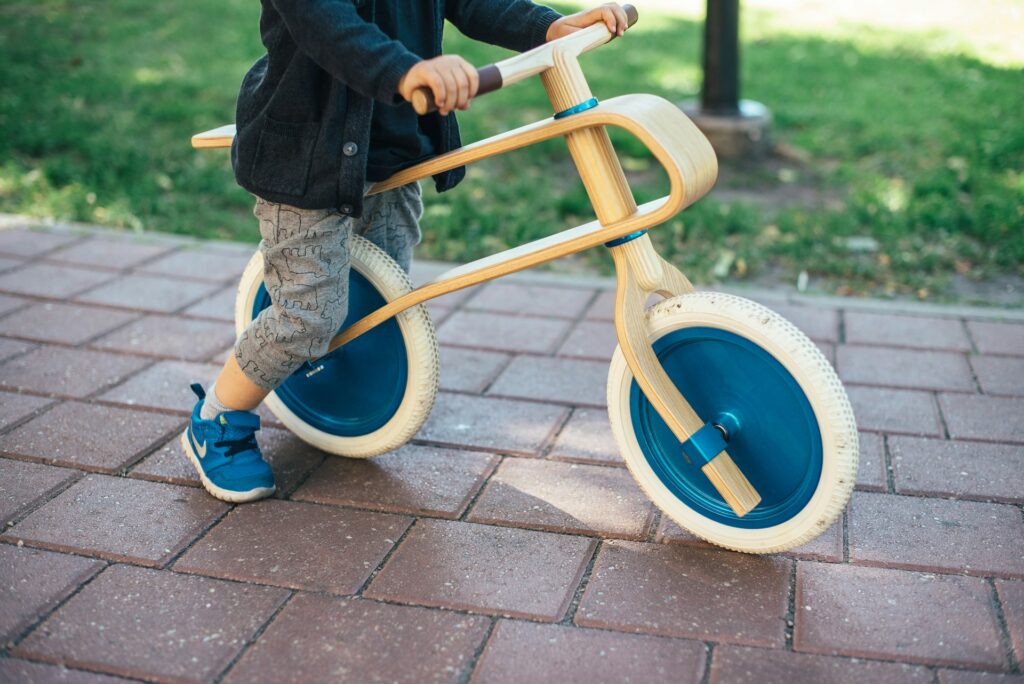
When my daughter was three, she spent a full five minutes trying to button her favorite sweater. The buttons won in the end, but I remember thinking, “Wow… these tiny movements are actually a big deal.” That’s when I learned just how important fine motor skills are for kids. They’re not just about neat handwriting — they’re about the little everyday tasks that help children feel capable and independent.
The good news? Fine motor skill activities for children can be simple, fun, and something you can weave into your daily routine without needing a single fancy toy.
Why Fine Motor Skills Are a Big Deal
Fine motor skills are all about the small muscles in your child’s hands, wrists, and fingers. They help with:
- Self-care: tying shoelaces, brushing teeth, buttoning clothes
- Schoolwork: holding pencils, cutting paper, flipping book pages
- Playtime: stacking blocks, playing an instrument, crafting
If these skills aren’t developed, kids might get frustrated — avoiding tasks like writing or dressing themselves. But with regular, playful practice, they can gain confidence in no time.
Fun Fine Motor Skill Activities for Children
I’ve tried many of these with my own kids (and yes, sometimes they turn into giggle-fests). Here are my favorites that really work:
1. Playdough Power
There’s magic in squishing, rolling, and stretching playdough. My son loves “burying” beads in it, then digging them out like a mini archaeologist. It’s perfect for building hand strength.
2. Bead Threading
We started with chunky beads on shoelaces when my kids were toddlers. Now, they use smaller beads for bracelets — which is secretly boosting their pincer grip and patience.
3. Clothespin Challenges
We keep a basket of clothespins in the kitchen. Sometimes the kids clip them onto paper plates to match colors; other times, they just see who can clip the most in a minute. Their little fingers get a workout every time.
4. Lego Building
Yes, it hurts when you step on them — but Lego bricks are amazing for fine motor skills. Snapping them together and pulling them apart builds strength and precision.
5. Cutting Practice
Give them safety scissors and let them cut along wavy or zigzag lines. We even make “confetti days” where they can cut up scrap paper for art projects.
6. Sensory Bin Adventures
A big plastic tub filled with rice, beans, or sand can keep kids busy for ages. We hide little toys inside, and they use spoons, tweezers, or just their hands to dig them out.
7. Button & Zipper Boards
We made one from an old shirt and a thrift-store jacket. Now my kids practice fastening and unfastening whenever they want — no morning rush involved.
Also Read : How to Choose the Right ABA Therapy Program for Your Child
Sneaky Ways to Build Skills Every Day
The best part? You don’t need “activity time” — everyday life is full of opportunities:
- Let your child help in the kitchen (pouring, stirring, peeling)
- Ask them to open their snack bags
- Encourage drawing, coloring, or painting
- Play board games with small pieces
When to Ask for Extra Help
If you notice your child is consistently struggling — can’t hold a pencil, avoids self-feeding, or can’t manage basic dressing skills — it might be time to chat with a pediatric occupational therapist. Early help can make all the difference.
Final Thoughts
Fine motor skill activities for children don’t need to be expensive or complicated. Whether it’s playdough, Legos, or a sensory bin, the key is making it fun.
In my house, the messier the activity, the more my kids love it — and the more their little hands grow stronger without them even realizing.
So grab some beads, a tub of rice, or that long-forgotten playdough, and let the fine motor magic begin.



